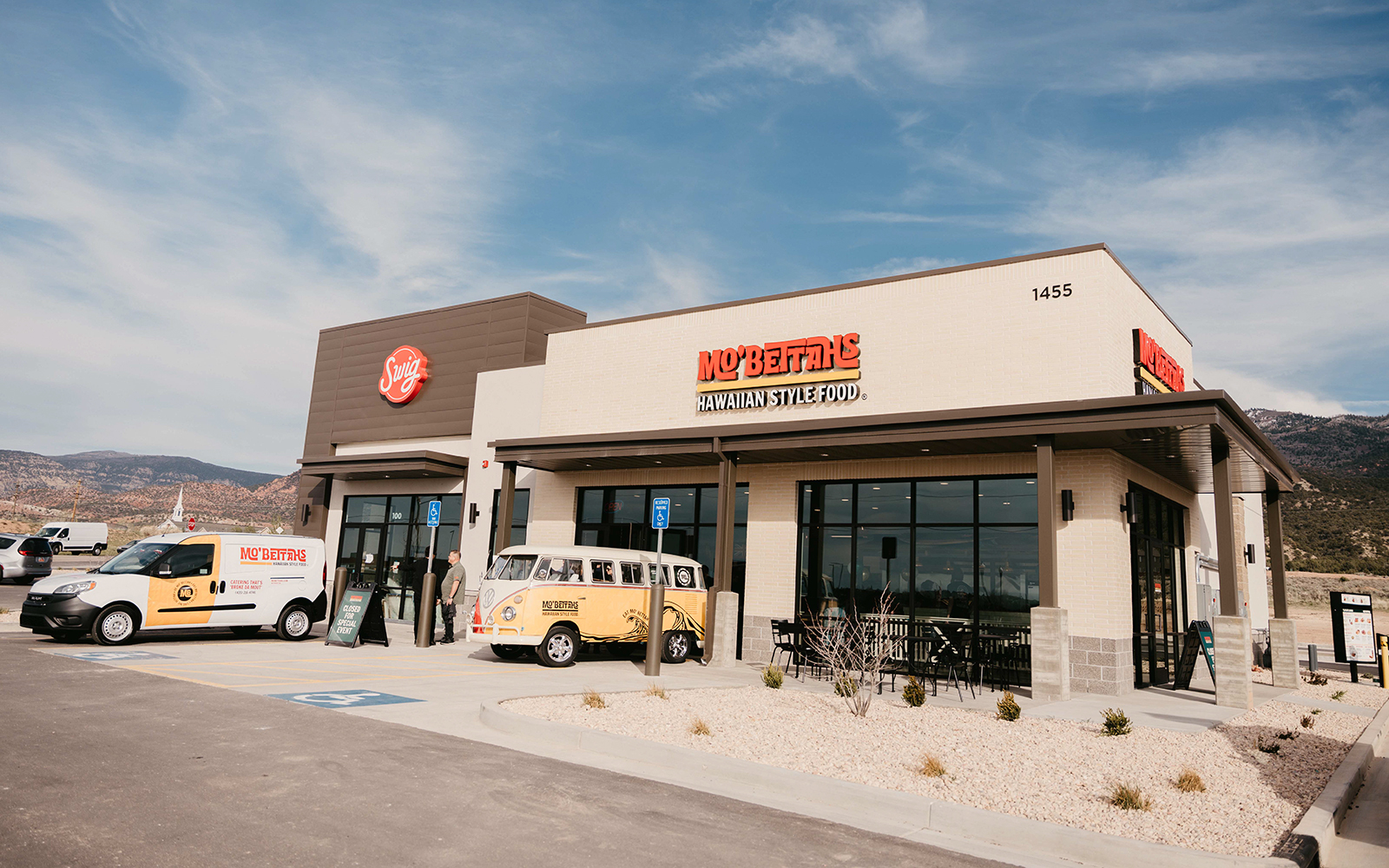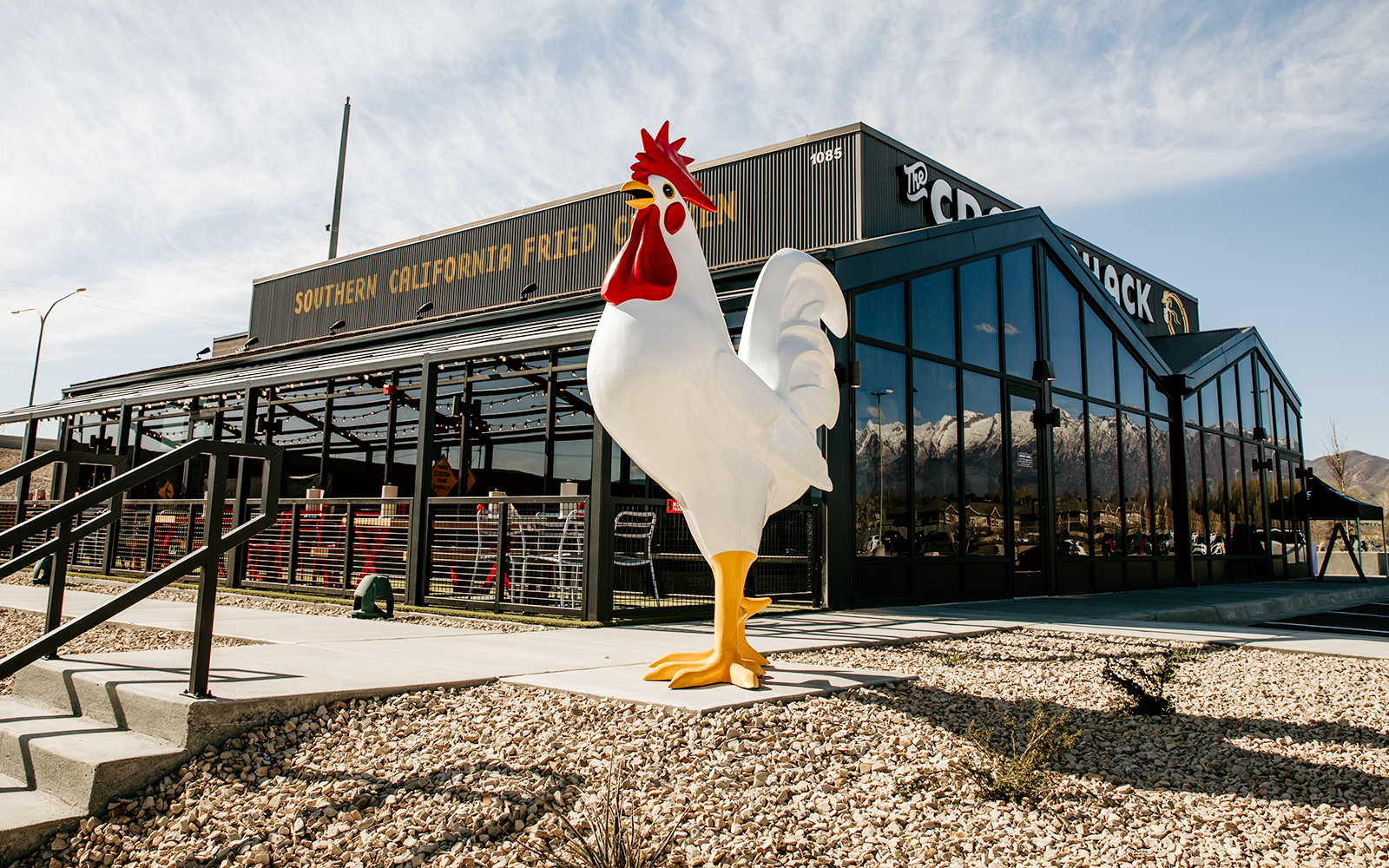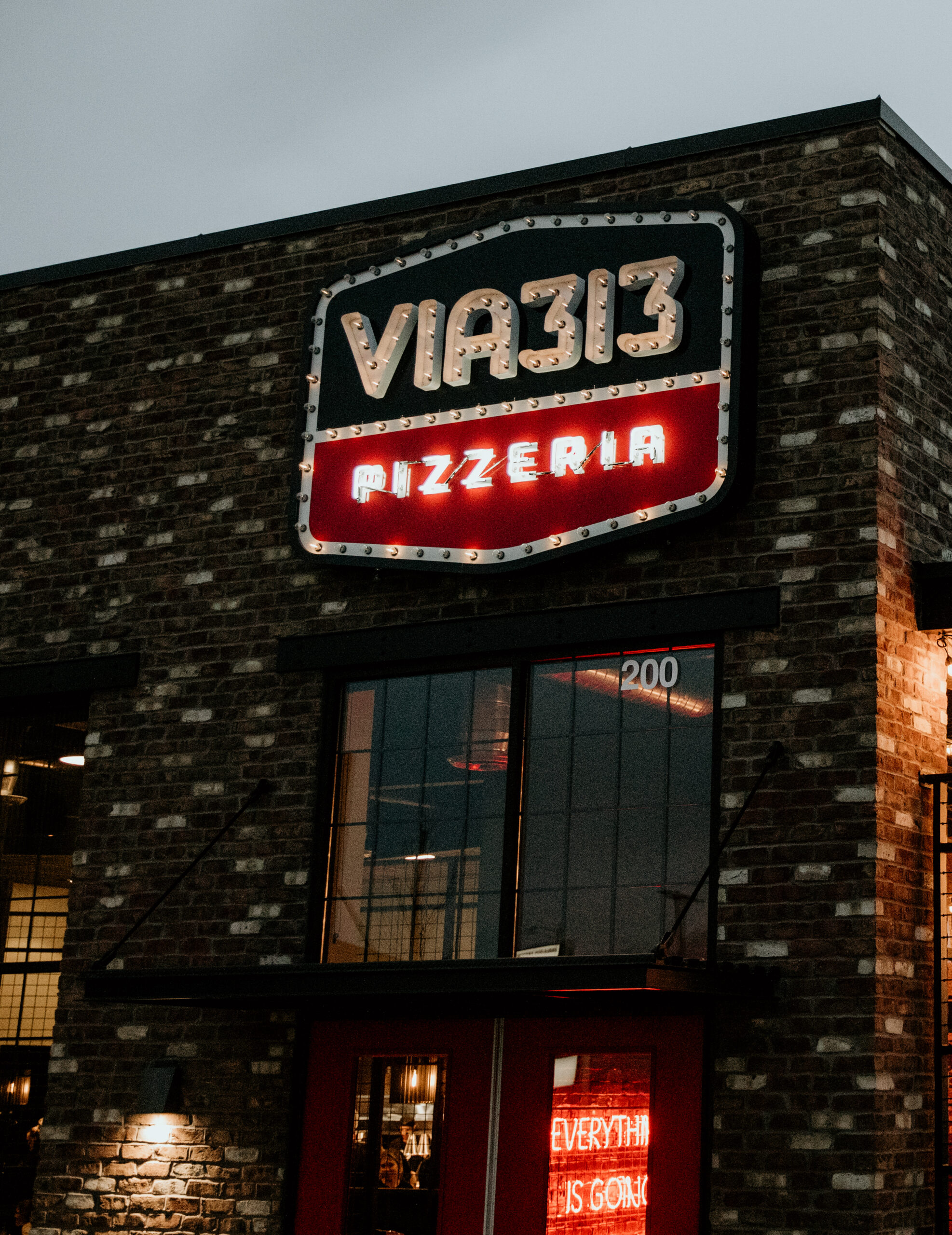|
Getting your Trinity Audio player ready...
|
It’s difficult to find a restaurant investment and management firm with bigger ambitions than Savory Management, which has opened nearly 200 restaurants in just over 10 years. The company “focuses on delivering outsized returns through strategic growth and replication strategies” by scouring the landscape for operators with 2 to 10 units on the verge of a breakthrough. Then, Savory applies its advice, tools, resources, growth hacks, and expertise to transform each unique brand into a regional powerhouse.
Executing the playbook and moving quickly to replicate success and deliver consistent results is never easy. Doing so takes the right knowledge, the right passion, and the right team. As director of real estate development, Cass Tenney is a big part of that team.
Tenney started her career working in accounting and finance roles for an affordable housing developer. In 2014, she moved to Four Foods Group, where she quickly realized she could leverage her training in business administration and management to handle complex projects and coordinate high-volume activities. She became a brand controller and helped the company take its Little Caesars division from 48 to 75 locations across its region.

Two years ago, Tenney came to Savory to execute a similar strategy. The company operates as a private equity fund that takes a controlling interest in each investment, and then surrounds it with support from finance, human capital, payroll, marketing, construction, and real estate development. While it’s a fast-paced affair, Tenney empowers her teams to make choices and reminds them to keep everything in perspective. “We’re not saving lives; we’re just building restaurants,” she explains. “We need to make informed decisions and do the best with the information we have. Indecision is often worse than a bad decision.”
Tenney’s colleagues can work with the information they have and rely on the confidence that, together, they operate from a playbook perfected over many years. The investment sourcing team looks for unique and growing brands with a “cultlike following.” Then, they partner with real estate brokers to source perfect, A-plus sites in local and new markets. The team plans to double the number of each brand’s locations every year, open quickly, hit hard, and outperform expectations. Savory typically holds its interest in a brand for five to seven years before selling its interest to another group that can continue the brand’s fast-paced growth.
The methodology gives everyone in the company the chance to shine, as each person involved in every project has the freedom to take risks and make an impact. It’s a positive and supportive environment. “I try to make everyone around me better, because I wouldn’t be where I am today without the support of my team and guidance from leaders,” Tenney says.

Today, Savory is working with seven brands. Hash Kitchen is a brunch-only hotspot known for its DIY Bloody Mary bar. It has five locations around Phoenix with 15 more coming soon.
Pincho applies a Latin influence to burgers and kebabs, and is growing from eight to 30 locations around South Florida and Houston. Via 313 is Detroit-style pizza, which started in Austin, Texas, with five locations and is growing across Texas and the intermountain west. Crack Shack is SoCal fried chicken with lawn games and craft beer. Mo’ Bettah’s is introducing Hawaiian food culture to the intermountain west and Texas areas by opening its second store in Dallas with 31 total stores in the brand. R&R BBQ offers delicious smoked meats and sides. And Swig—home of the Dirty Soda—is an expanding and popular drive-by drink shop that started in southern Utah and just opened it 41st store in Fairview, Texas; and hoping to continue its rapid growth into Texas, Oklahoma, and the Midwest.
Savory’s portfolio boasts fast casual fare, luxury dining, and everything in between. Tenney and her colleagues adjust their approach accordingly, while maximizing the branding and culture of each restaurant. While Swig’s specialty soda concept requires just 600 square feet, Hash Kitchen’s full-service restaurants span 5,000.

Swig’s journey from one to 41 locations showcases what Savory can do. Founder Nicole Tanner came up with the idea and opened one store in St. George, Utah, across from Dixie State University in 2010. Tanner got connected to Four Foods’ Andrew Smith, who is now Savory’s managing director. He mentored Tanner as she expanded Swig to 17 more locations, before Smith and Savory brought Swig into its lineup in 2017.
While the COVID-19 pandemic slowed other food and beverage brands, it only helped boost Swig’s momentum as quarantine fatigue compelled parents to load kids into cars and search for fun excursions. Many of those parents became regulars waiting in line for Swig’s customizable sodas, boba teas, treats, and proprietary energy drink. By 2021, Swig had 37 stores, 800 employees, a three-year compound annual growth rate of 30 percent, and annual revenues of $29.4 million.

Savory accommodates Swig’s fast-paced growth by prefabricating stores in a southern Utah warehouse. Workers weld two 40-foot shipping containers together before teams add architectural features and other details on-site. New Swigs—like the recently opened location in Cottonwood Heights, Utah—are up and running two weeks after containers land.
The pandemic has forced some independent restaurants out of business and convinced national chains to rethink expansion plans. With prime locations now available, Savory is doubling down on its growth strategy. The company plans to open more than 60 new restaurants in the next 15 months, with 15 of those locations being Swig stores. Despite the current economic headwinds, Savory is moving full speed ahead with its incredible growth plans, and Tenney is leading the charge.


